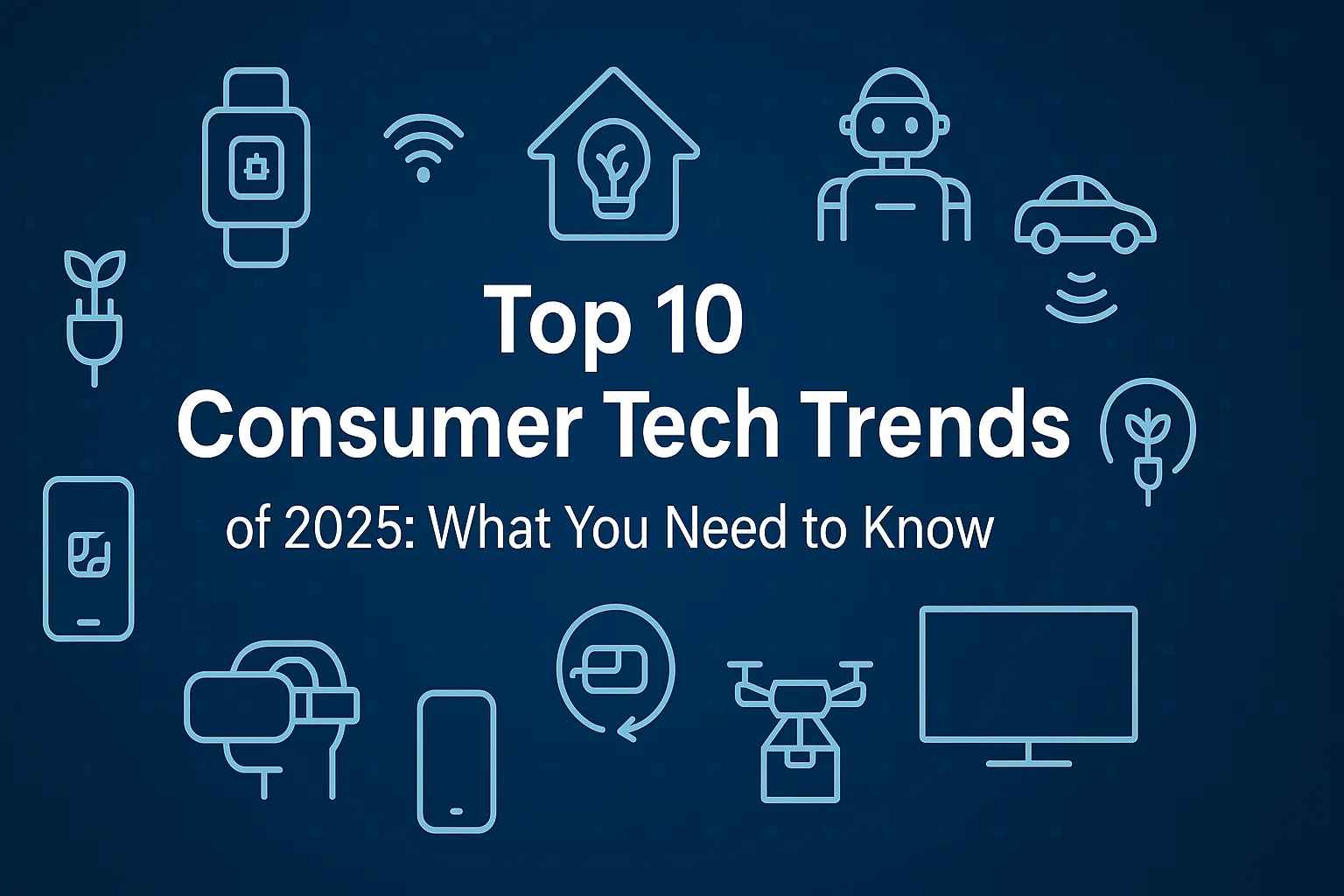
Disinformation security is more than just a trendy word in today’s highly connected world; it’s important to protecting democracies, economies, and people’s health. As 2025 comes to a close, the spread of fake news, online misinformation, and digital media manipulation continues to be a problem for individuals and organizations. The fight for truth in the digital world has become more complicated, with deepfakes and hoaxes made by AI.
This guide talks about useful methods and tools for fake news prevention, stresses how important digital media security is becoming, and gives you steps to protect yourself from cyber threats related to spreading false information.
Understanding Disinformation in 2025
What is Disinformation?
Disinformation is the deliberate spreading of false information to mislead or deceive people. Misinformation is when false information is spread without meaning to. Conversely, misinformation is intended to change people’s minds, affect politics, or cause societal problems. Disinformation is a very dangerous cyber threat because it has become easier to spread and has more of an effect in the digital age.
Disinformation Trends in 2025
- AI-driven propaganda: News and videos that look real are made with sophisticated language models and deepfake technology.
- Micro-targeted fake news: Disinformation campaigns now use personal information to send false information relevant to each person.
- Platform manipulation: Bots and coordinated fake behavior are still spreading fake news on social media.
According to a 2024 report by the Digital Forensics Lab, over 70% of disinformation campaigns in 2023 involved some form of AI-generated content.
The consequences of such campaigns are far-reaching, affecting public opinion, undermining trust in institutions, and even influencing election outcomes. E&ICT Academy+2Portal+2World Economic Forum+2
The Importance of Disinformation Security
Why Digital Media Security Matters
Information is very important to the digital ecosystem. When fake news enters this system, it hurts trust, threatens public safety, and weakens institutions. Digital media security ensures that the online content is real, checked, and can be tracked.
Consequences of Inaction
- Erosion of trust in news sources
- Increased polarization and societal division
- Amplification of cyber threats and phishing scams
- National security vulnerabilities
Key Strategies for Combating Fake News
1. Media Literacy Education
The first line of defense is teaching people how to think critically about information. People should learn how to spot and report fake news through programs in schools, workplaces, and governments.
Tools for boosting media literacy:
- MediaWise
- FactCheck.org
2. Leveraging AI and Machine Learning
Modern tools use machine learning to find patterns in false information. These technologies can mark content as potentially harmful, determine where it came from, and even identify campaigns that are working together.
Top platforms using AI for fake news prevention:
- Facebook’s AI Integrity System
- Google’s Fact Check Tools
3. Strengthening Cybersecurity Measures
Cyber threats in 2025, misinformation campaigns are becoming more and more connected to cyber threats. Using multi-factor authentication (MFA), protecting communication channels, and making endpoints more secure can stop people from getting in without permission and changing content.
Useful resources:
4. Real-time fact-checking and Verification
It is very important to get journalists, fact-checkers, and tech platforms to work together. Checking facts in real-time can stop fake news before it spreads.
Recommended fact-checking tools:
Actionable Tips for Individuals
Individual actions are crucial for stopping disinformation, but systemic actions are also very important. Taking the following steps can help stop the spread of fake news:
Spotting Fake News
- Check the history and credibility of the source.
- Look for misleading headlines or spelling mistakes.
- Compare the story to other news sources you trust.
Protecting Yourself from Disinformation
- Use browser extensions like NewsGuard or Hoaxy
- Avoid sharing unverified content
- Report fake news on social media platforms
Integrating these habits into everyday digital activities makes people active in the fight against fake news.
Role of Government and Tech Companies
Policy Frameworks
Governments worldwide are passing laws to prevent disinformation. For instance, the EU Digital Services Act requires that online ads be clearer and that moderation rules be stricter.
Platform Accountability
Tech giants like Meta, X (formerly Twitter), and TikTok are investing money into tools that help moderate content and clarify things. But watchdog groups are still trying to get people to be more accountable.
The Future of Digital Media Security
In the near future, we can expect:
- Widespread adoption of blockchain for content verification
- More collaborative fact-checking between humans and AI
- Real-time detection of deepfakes
- Regulatory standards for media integrity
Emerging Challenges and Future Directions
Disinformation campaigns change the way they do things as technology does. With the rise of advanced AI-generated content like deepfakes, it’s getting harder to tell the difference between real and fake media. Also, the fact that digital platforms are used worldwide makes it harder for different jurisdictions to enforce laws. These problems need to be solved by constantly improving detection technologies, working together across borders, and making policy frameworks that can change as needed.
Internal Resources on Our Website
- 10 Ways to Stay Safe Online in 2025
- Cybersecurity Trends to Watch This Year
- AI in Disinformation: Friend or Foe?
Conclusion: Be Part of the Solution
People, not just technology, are to blame for disinformation. A safer digital world can be achieved by all of us learning more about it, using technology smartly, and holding information providers accountable. Share reliable sources, think about what you see, and help others do the same, starting right now.
Frequently Asked Questions (FAQs)
What is disinformation security, and why is it important in 2025?
Disinformation security includes the methods and tools used to find, stop, and fight the spread of false or misleading information on the Internet. It’s more important than ever in 2025 because AI-generated content, cyber threats that aim to weaken public trust, and digital infrastructures are getting smarter.
How can I prevent fake news from affecting me?
Read reliable news sources, use tools to ensure your reading is true, and don’t share content unless verified.
Are there tools available to detect and prevent online misinformation?
Yes, AI-powered browser add-ons and tools like NewsGuard, Hoaxy, Bot Sentinel, and Google Fact Check Explorer can help users spot fake news, track down the sources of false information, and instantly judge the news’s trustworthiness.
What are the consequences of unchecked online misinformation?
Misinformation that isn’t checked can confuse people, cause people to lose faith in democratic institutions, cause health crises (like COVID-19), make the economy unstable, and be used to rig elections or cause tensions in geopolitics. In 2025, it will be a major cyber threat.
What role does AI play in combating online misinformation?
AI helps identify fake content, detect coordinated campaigns, and assist with real-time fact-checking.
Can governments stop fake news?
Governments can make rules and ensure platforms follow them, but people need to be aware of them and collaborate with tech companies.
Promote media literacy and critical thinking to give yourself and your community more power. Talk to reliable sources and think about the information you find to help make society smarter and stronger.
About Us
At Best Gear and Gadget, we’re all about helping you find the smartest, most reliable tech and gear. From honest reviews to expert buying guides, we cover the latest gadgets and must-have tools to make your life easier and more connected.
Our goal? To save you time, money, and hassle—by delivering trusted insights, top picks, and real value.
Latest Post
Disclaimer
⚠ Disclaimer – BestGearAndGadget.com
We may receive commissions through affiliate links. The content is for informational use and does not represent professional buying advice.





